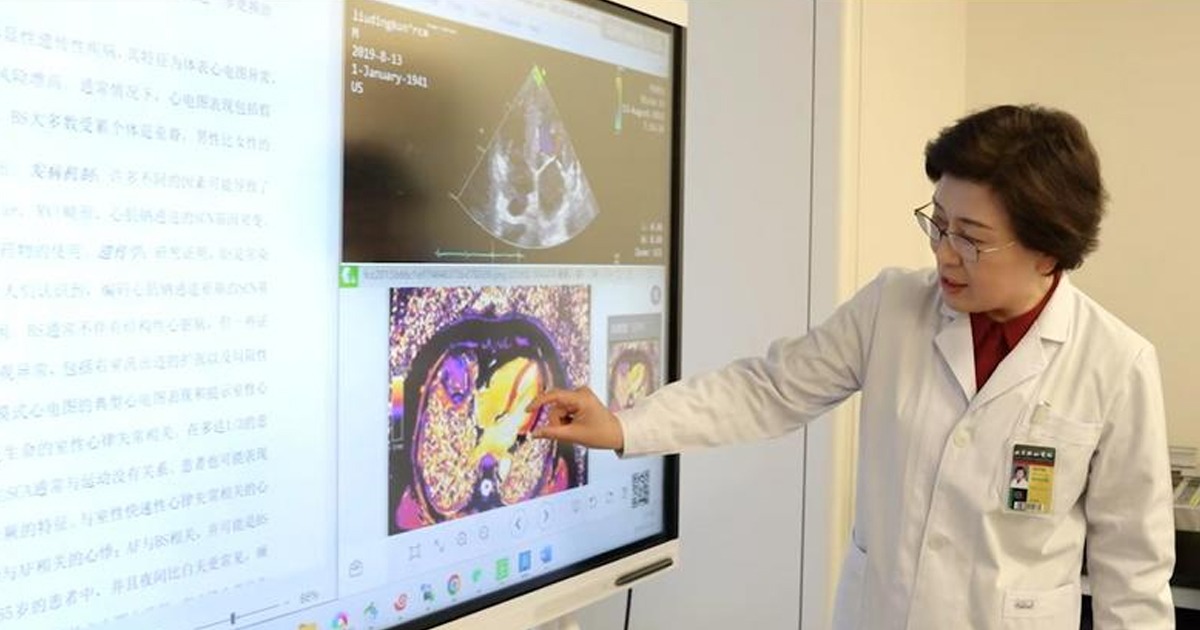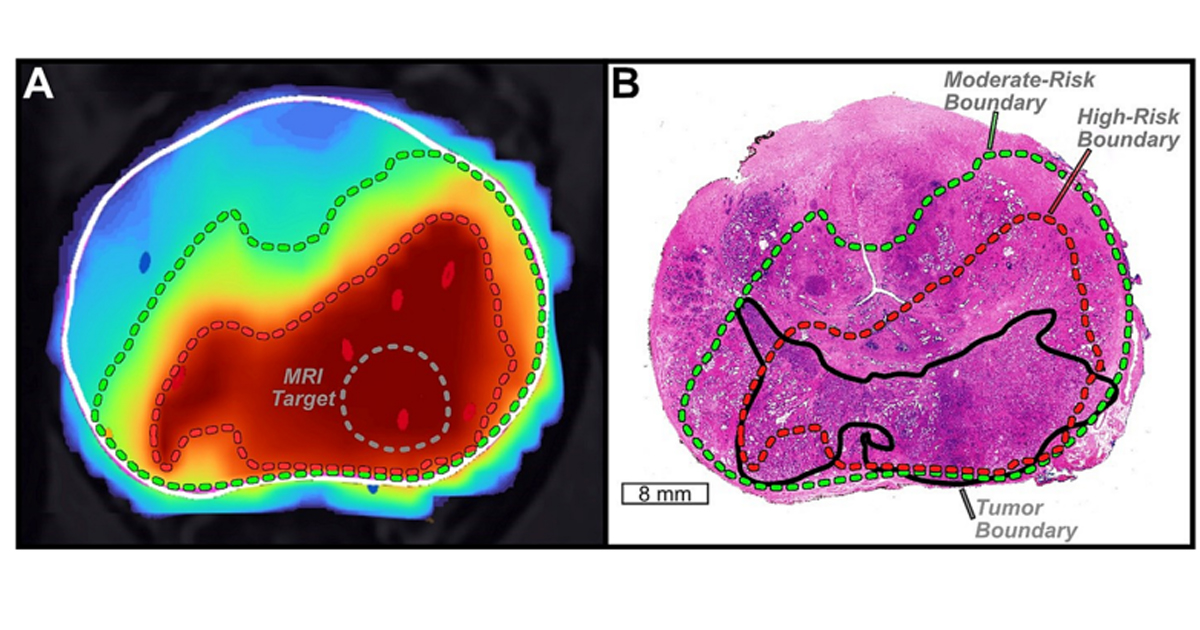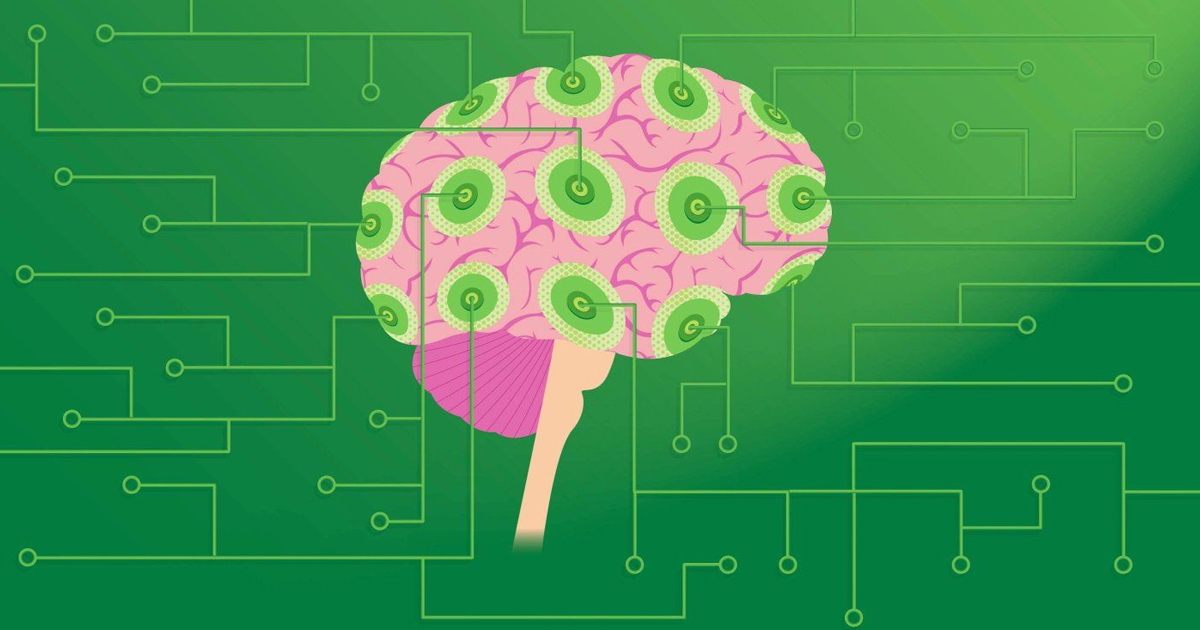Se realizó el X Foro de IT Salud en donde se presenta una tipología vasta sobre el rubro de los sistemas de información arraigados en la salud digital para cuidar las necesidades y datos de los pacientes.
Como primera ponencia se presentó el tema de mejorar el intercambio de informaciones de salud entre las distintas jurisdicciones del país para así alcanzar el objetivo de una red sincronizada donde, tanto doctores como usuarios, puedan interactuar dentro de la misma tecnología; Alejandro López Osornio, national director of Sistemas de Información en Salud, tomó la batuta de este análisis.
“Es un esfuerzo grandísimo, pero va dando buenos frutos”, dijo al presentar la Red Nacional de Digital Health que “llegó para quedarse, más allá de los vaivenes políticos”. A la par dio a conocer que para generar más recursos en este campo se está desarrollando una receta digital configurada para ser trabajada de manera interna dentro de cualquier hospital.
La creación del Centro Nacional de Terminología en Salud fue otro de los temas presentado por la especialista en gestión estadística de datos, Karina Rovirol. La iniciativa tiene el soporte del vocabulario médico SNOMED CT para integrar toda la terminología en la elaboración de un National Dictionary of Medicine que organice las estadísticas en cuanto a salud pública.
En materia de legislación, el jurídico Horacio Granero expuso la necesidad de gestionar leyes que controlen la seguridad que requiere el trabajo con la tecnología masiva. Una de estas prerrogativas es la regulación de las recetas médicas digitales y su validación legal por medio de una firma electrónica universal para cada médico.
Por su parte, Victoria Martínez Suárez, gerente de desarrollo de negocios en Red Hat Argentina para la Región Sur y Centroamérica, opinó que el acceso público a los datos (u open source) dará frutos para hacer frente a las enfermedades más comunes y poder realizar prácticas como el procesamiento automático de imágenes y la elaboración de medicamentos.

Para finalizar el evento el jefe de tecnología de ZMA IT Solutions, Leonardo Ramos, realizó un llamado para proteger la información almacenada en la nube ya que se pudiera convertir en blanco de ciberataques debido a las ganancias que se vislumbran con su tráfico.
Modernización de los sistemas de información
Las buenas noticias para el impulso de la digital health se desprenden de innovaciones que transforman los métodos convencionales para trabajar desde los hospitales. Una plataforma que permite integrar varios documentos oficiales en formato digital con sólo tener un código QR, lentes de realidad virtual para reducir la ansiedad previa a las vacunas aplicadas en niños y un sistema interactivo que califica el desempeño del profesional, son algunos de los avances que pugnan por una revolución médica en beneficio de todos.







